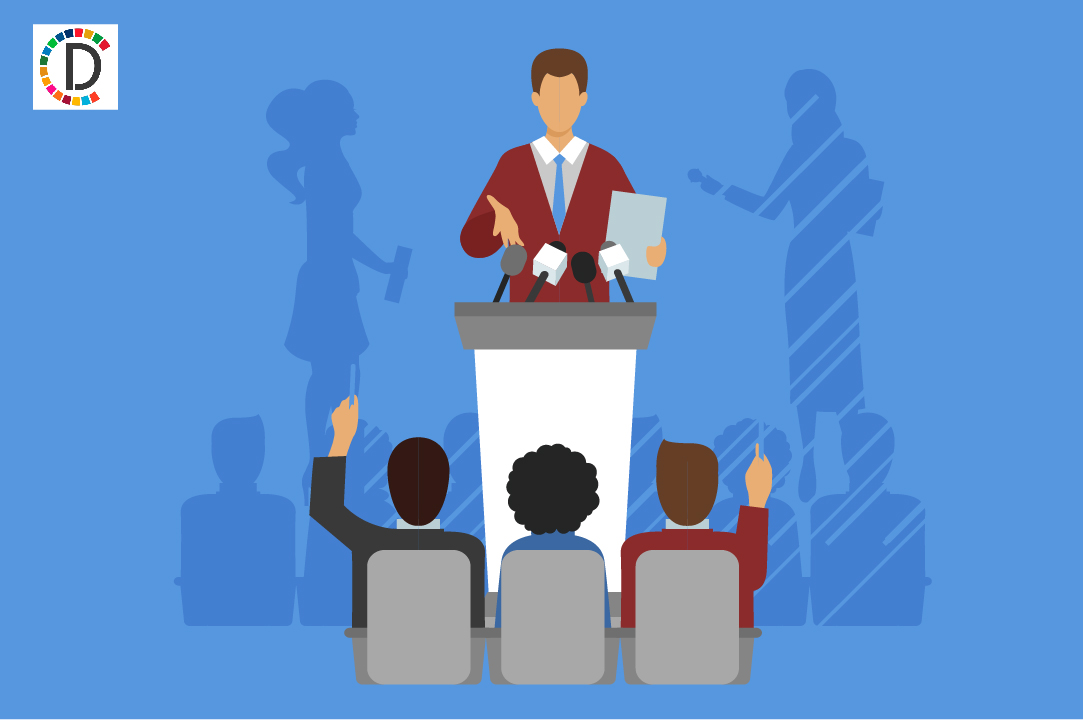Zelenskiy urges leaders to end arms shortage that is helping Putin
The European Commission will present a defence industrial strategy proposal in three weeks, she said, and will also open a defence innovation office in Ukraine. 'STOP WHINING ABOUT TRUMP' The Munich Security Conference comes as worries grow in Europe about U.S. commitment to helping Ukraine fend off Russia's invasion and to defending its allies more broadly, with the prospect of Donald Trump returning to the White House. Trump has said if re-elected later this year he would not defend allies within the NATO western defence alliance who fail to spend enough on defence.

Ukrainian President Volodymyr Zelenskiy urged allies at a global security conference on Saturday to plug an "artificial" shortage of weapons that is giving Russia's forces the upper hand on the battlefield. Addressing the gathering of politicians, diplomats and military officials from around the world, who gave him a standing ovation, Zelenskiy mixed gratitude for the support shown by Western countries with urging them for more.
He spoke at a critical juncture in Russia's invasion of Ukraine, which is nearly in its third year, with his troops forced to withdraw from the devastated eastern town of Avdiivka. Ukraine faces acute shortages of ammunition and U.S. military aid has been delayed for months in Congress.
"Unfortunately keeping Ukraine in an artificial deficit of weapons, particularly in deficit of artillery and long-range capabilities, allows Putin to adapt to the current intensity of the war," he said. He said that sending additional packages of weapons and air defences to Ukraine was the most important thing its allies could do.
"If your artillery (range) is 20 km (12 miles), but Russia's is 40km, there is your answer," Zelenskiy said. Earlier at the same conference, dubbed the "Davos of Defence", German Chancellor Olaf Scholz had side-stepped questions on whether to give long-range Taurus missiles to Kyiv, although he did urge other European capitals to match Berlin's hike in military assistance.
Ukraine must be integrated into Europe's defence programmes as Russia was "outmassing Ukraine" with soldiers and by "throwing quick and dirty weapons produced in North Korea and Iran", European Commission President Ursula von der Leyen told a panel. The European Commission will present a defence industrial strategy proposal in three weeks, she said, and will also open a defence innovation office in Ukraine.
'STOP WHINING ABOUT TRUMP' The Munich Security Conference comes as worries grow in Europe about U.S. commitment to helping Ukraine fend off Russia's invasion and to defending its allies more broadly, with the prospect of Donald Trump returning to the White House.
Trump has said if re-elected later this year he would not defend allies within the NATO western defence alliance who fail to spend enough on defence. Both Scholz and von der Leyen said Europe needed to strengthen its ability to defend itself.
"Europe has to step up its industrial base ... I'm a convinced transatlanticist and at the same time we have to build a strong Europe and that goes hand in hand," von der Leyen said, noting that if re-elected as head of the European Union executive she would create a new post of defence commissioner. But some leaders voiced impatience with the focus on Trump and the implications of what his future presidency could bring.
"We should stop moaning and whining and nagging about Trump," said outgoing Dutch Prime Minister Mark Rutte. "We do not spend more on defence or ramp up ammunitions production because Trump might come back." "We have to work with whoever is on the dance floor," said Rutte, frontrunner to succeed Jens Stoltenberg as secretary-general of NATO.
Germany, Europe's largest economy, has hiked its spending on defence to 2% of output and will continue to hit that target of the NATO western defence alliance, Scholz said. The country is also discussing with allies France and Britain the development of distance-capable precision weapons in order to ensure its deterrence strategy remains cutting-edge, he said.
Stoltenberg on Saturday reiterated the importance of not undermining the defence alliance with talk of European defence autonomy. Talk in particular of a potential European nuclear deterrent that would not involve the United States is "not helpful", he told delegates in Munich. And it "would only undermine NATO in a time when we really need credible deterrence".
On the first day of the conference on Friday, which was rocked by the news of the death of Kremlin critic Alexei Navalny at an Arctic penal colony, U.S. Vice President Kamala Harris had sought to reassure Europe. Harris said her and President Joe Biden's "sacred commitment to NATO remains ironclad", and that their administration would keep pressing to help Ukraine secure the weapons and resources it needs.
"Our commitment to build and sustain alliances has helped America become the most powerful and prosperous country in the world," she said. "To put all of that at risk would be foolish." Also speaking in Munich, Navalny's wife Yulia Navalnaya called for Putin to be held accountable for her husband's death and his other crimes.
(This story has not been edited by Devdiscourse staff and is auto-generated from a syndicated feed.)










